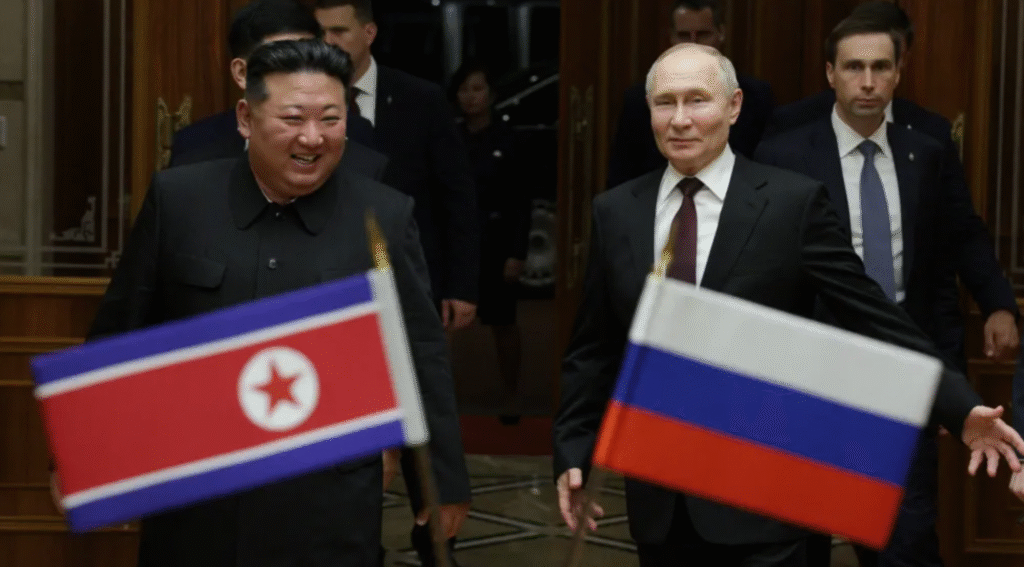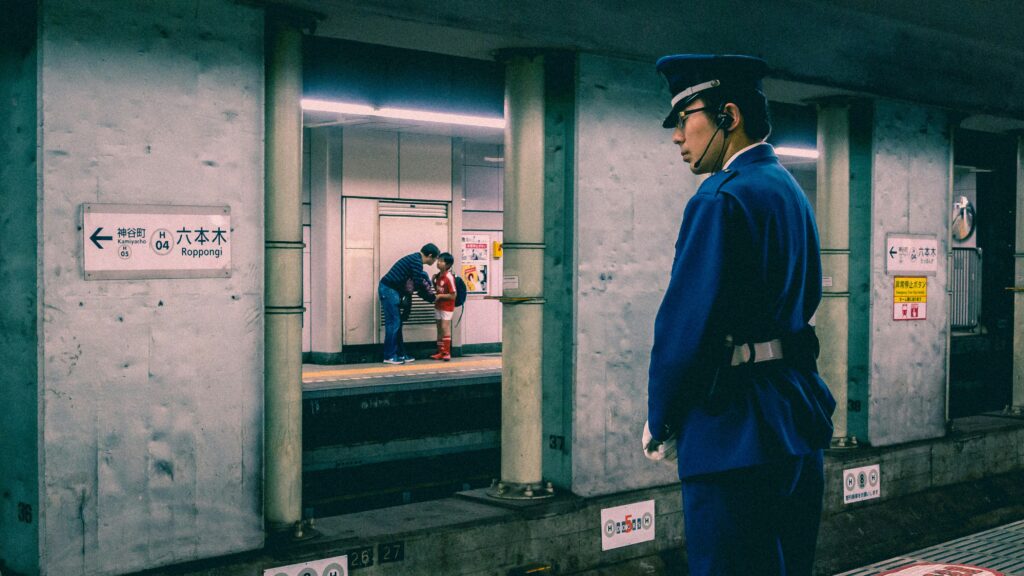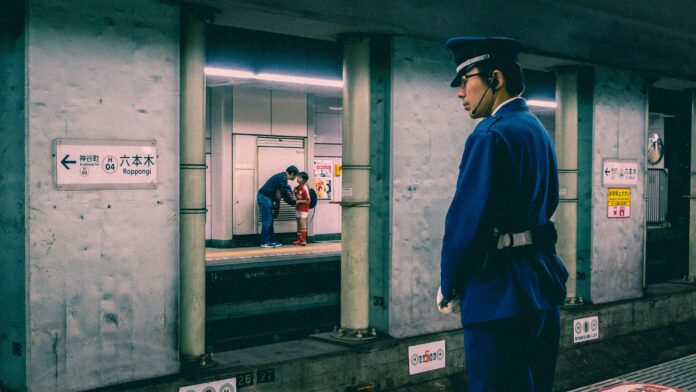Introduction: The Hidden Alliance
North Korean slave labor in Russia is emerging as one of the least-discussed yet most severe human rights crises of recent years. As Russia faces a crippling labor shortage due to the ongoing war in Ukraine, it has turned to Pyongyang for manpower, not just weapons and ammunition, but people.
BBC investigations reveal that thousands of North Koreans are being sent to work under brutal, slave-like conditions on Russian construction sites, factories, and even IT centers.

Why North Korean Workers Are in Russia
With tens of thousands of Russian men killed, deployed, or having fled the country, Moscow is desperate for labor. South Korean intelligence sources confirm that Russia now relies heavily on North Korean workers to fill the gap.
This is not new, before UN sanctions in 2019, tens of thousands of North Koreans worked abroad, earning millions for Kim Jong Un’s regime. But the war has reignited this arrangement, with more than 10,000 workers sent to Russia in the last year alone and up to 50,000 expected soon.
Slave-Like Conditions and Control
From the moment they arrive, workers are under strict surveillance. According to one escapee, Jin, North Korean security agents accompany them directly from the airport to their job sites, warning them not to speak to outsiders.
Their schedules are relentless, 18 to 20 hours a day, seven days a week, with only two days off per year. Sleeping arrangements range from overcrowded shipping containers infested with bugs to unfinished apartment blocks covered only with tarps against the cold.
Injuries are ignored; even serious accidents like falls from multi-story buildings rarely result in medical attention.

Voices from the Ground
Tae, another escapee, described mornings where his hands were frozen in place from overwork. Others spoke of colleagues falling asleep standing up, only to be beaten by supervisors.
The psychological toll is immense. “It was like waking up to die every day,” one man recalled. Many reported that Central Asian workers at the same sites earned five times more for far less work.
UN Sanctions and Russia’s Loopholes
UN sanctions forbid the use of North Korean overseas labor, aiming to cut off funding for Pyongyang’s nuclear weapons program. But Russia has sidestepped these rules by granting workers student visas or labeling them as “special project contractors.”
Official Russian data shows a 12-fold increase in North Korean arrivals in 2024 compared to 2023, a trend experts say will continue as the war drags on.
Life in a “Prison Without Bars”
The majority of each worker’s wages is confiscated by the North Korean state as “loyalty fees.” The remainder, usually $100–$200 per month, is withheld until they return home, a tactic to prevent desertion.
Jin recalled being mocked by other foreign workers as “machines that can speak.” Some were even told they might not receive any pay at all if the state “needed it more.”
Desperate Escapes and Risks
Defection is incredibly dangerous. Tae managed to escape by faking sleep with a blanket under his sheets, sneaking out, and traveling thousands of kilometers to meet a contact who helped him reach South Korea.
Some workers save cigarette and alcohol allowances to buy smuggled second-hand smartphones, arranging their escapes through underground networks. But tighter controls now make this nearly impossible, supervised outings have been reduced to almost zero, and travel is only allowed in closely monitored groups.
The Future of North Korean Labor in Russia
Experts like Andrei Lankov warn that the presence of North Korean slave labor in Russia could become a lasting legacy of Kim Jong Un and Vladimir Putin’s wartime cooperation, persisting long after the war ends.
With Pyongyang eager for hard currency and Moscow desperate for workers, the suffering of these laborers may continue indefinitely unless stronger international action is taken.
External Resources:

